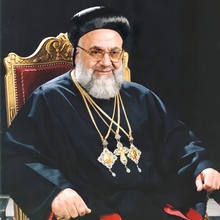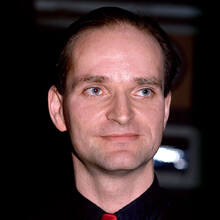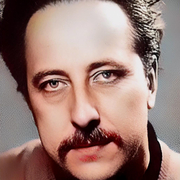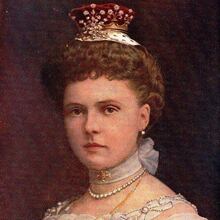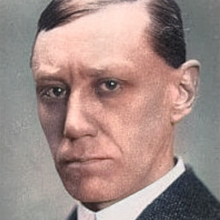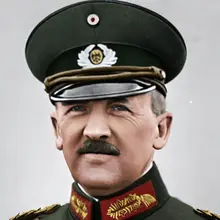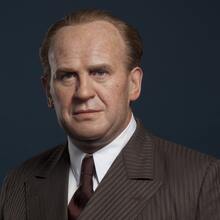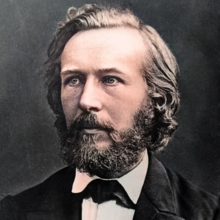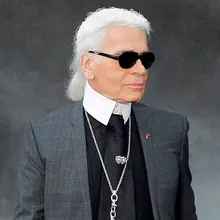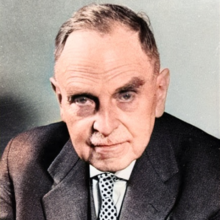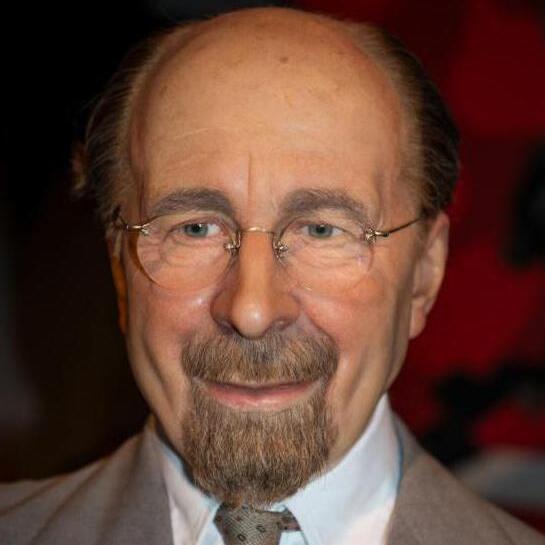
Personal
Other names:
Job / Known for:
First Secretary of the Socialist Unity Party
Left traces:
The Berlin Wall and the German Democratic Republic
Born
Date:
1893-06-30
Location:
DE
Leipzig, Saxony, Germany
Died
Date:
1973-08-01 (aged 80)
Resting place:
DE
Death Cause:
Stroke
Family
Spouse:
Martha Schmellinsky (1920–1940s); Lotte Kühn (1953–1973)
Children:
Beate Ulbricht (adopted daughter)
Parent(s):
Ernst August Ulbricht and Pauline Ida Ulbricht (née Rothe)
QR Code:
Show More
Rank
Users ranking to :
Thanks, you rate star
Ranking
5.0
1
About me / Bio:
Show More
Article for Walter Ulbricht
Died profile like Walter Ulbricht
Comments:



